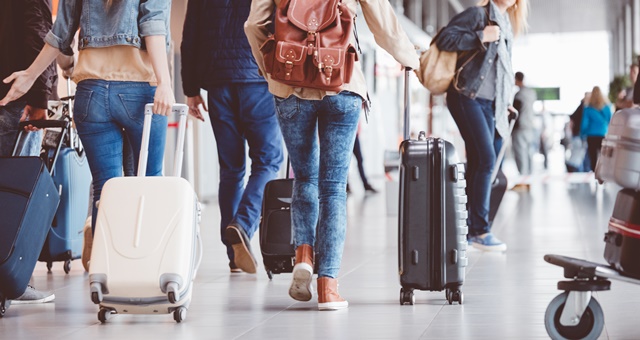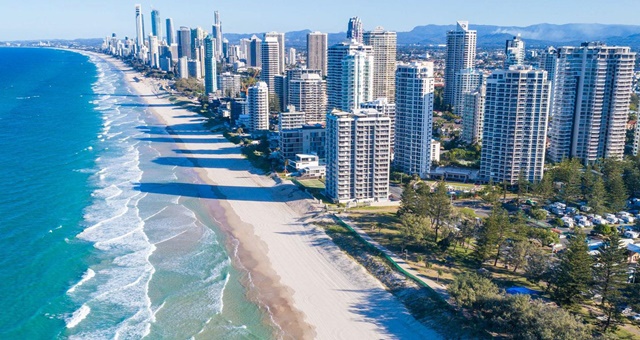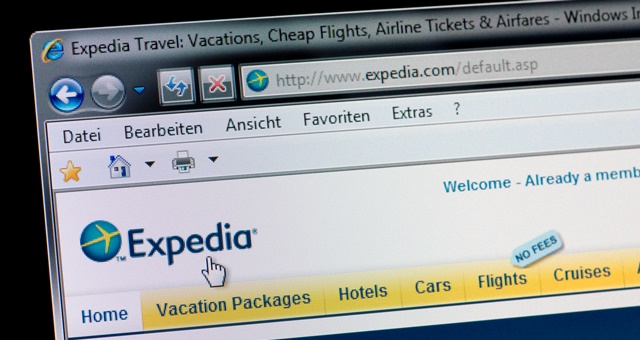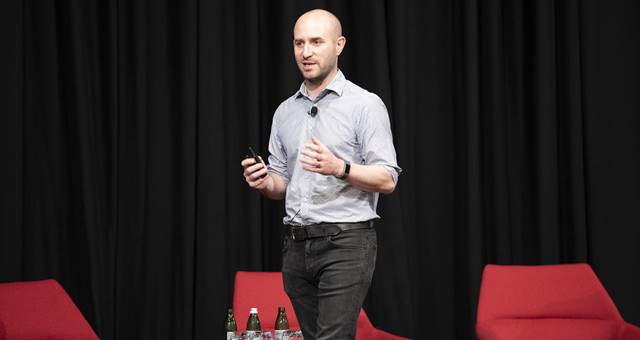As our industry starts to welcome early signs of recovery, at least domestically while bubble plans accelerate across the Tasman, now is a critical time for us to analyse the long-term impact on traveller booking behaviours in the wake of the pandemic.
Over the course of 2020, Expedia Group has tracked the ever-changing consumer sentiment towards travel in today’s environment, with new research from Wakefield helping us to understand the most noteworthy shifts.
All over the world, people have been doing their part to be safe and stay healthy, looking forward to the time when their lives and our planet return to a new sense of normal. While travel restrictions are either extending or reinforced in many countries, the desire to travel is only intensifying as the crisis continues.

Here on Australian soil, it’s Queensland which has fared reasonably well during COVID-19 and emerged as the most popular state for domestic holidays, with the Gold Coast (35%), Sunshine Coast (25%), Whitsundays (10%), Cairns (10%) and Brisbane (5%) marking the top five desired destinations.
Intrastate travel has been the primary driver to date, however, border reopening announcements have proven to create a surge in interstate travel interest as Australians look to explore more of the nation. In fact, New South Wales travellers searching for Queensland accommodation increased by 115% and to South Australia by 195% just within the last week of September.
Along with a reignited desire for travel, new research has pointed to three noteworthy new trends and expectations, which will not only influence individual travellers’ decision-making in a highly competitive domestic market but also redefine a new path of building the future tourism industry.

Rethinking travel in a world of ‘social distancing’
Since the outbreak of the pandemic, the concept of ‘social distancing’ has gradually ingrained into people’s mind as an effective way to mitigate the spread of COVID-19.
When it comes to stay preferences, the Wakefield study reveals that close to three quarters (75%) of Australian travellers favour an efficient check-in experience with minimal interaction with hotel staff. Those same travellers noted that clear descriptions of room features, amenities and dining services that allow guests to socially distance are also critical factors in driving booking decisions.
On top of that, seven in 10 (69%) Australian travellers across all generations are willing to share their arrival time, along with their special needs (45%) or mode of travel (37%), in advance in order to improve their stay.
This is the time to boost travel modernisation and automation for a safe and seamless consumer experience. To do so, hoteliers can utilise Expedia Group’s free messages tool to send out communication in advance of arrivals, letting guests know of any new practices or changes to amenities that may impact their stay.

Digital as the next normal – the rise of online shoppers
The COVID-19 pandemic has accelerated the digitisation of how we work, live, shop and pay. Research shows that globally half (50%) of consumers expect to shop online more frequently after the outbreak is over, and seven in 10 (71%) Australian believe this shift to contactless payments is here to stay. People are embracing its benefits of safety, security and convenience.
Looking at travel payment patterns, Expedia Group’s research reveals that over two-third of global travellers intend to book their first post-pandemic trip via a third party. For these travellers, the belief that “transactions are more secure” and the convenience of paying reservations at their fingertips (via digital wallets) are among the key factors driving their decisions. And in Australia, over half (53%) of these would-be travellers will go to an online booking site for this first post-pandemic trip.
In view of this, to enable digital-native consumers to book their trips on-the-go with peace of mind, Expedia Group recently went a step further by introducing a “No Credit Card Booking” function that allows travellers to book their last-minute trip without having to type credit card details. This initiative will ultimately help hoteliers to unlock new opportunities that they would otherwise miss.

Under 40s expected to travel first
Across the globe, Generation Z and Millennials could be the first to book travel. Two out of three (67%) intend to travel within the first six months following the pandemic, and more than two in five (43%) will take a trip in the first three months. Australian travellers under 40 are also eager for a holiday, with two in three (67%) signalling that they will travel within the first six months post-pandemic, and nearly two in five (38%) will take a trip in the first three months.
Conversely, those over 40 are more reluctant to travel, with over half (55%) of those surveyed wanting to wait for at least six months post-pandemic to book their first trip.
Many travellers are adopting a wait and see attitude when it comes to travel. Others are looking to book far out and could be discouraged by a lack of opportunity. Hotels should make sure to widen their net with an offer for last-minute bookings and an opened inventory through the first half of 2021 to maximise opportunities.
Understanding who will travel first, and when and how travellers intend to book their stays, will help inform hoteliers business plans. Confirming how travellers are making booking decisions, and what they expect in a guest experience will help to successfully recover.
To hear the full results of the research, please register to attend a free webinar taking place on Thursday, October 15th at 2pm AEDST (GMT+11).

